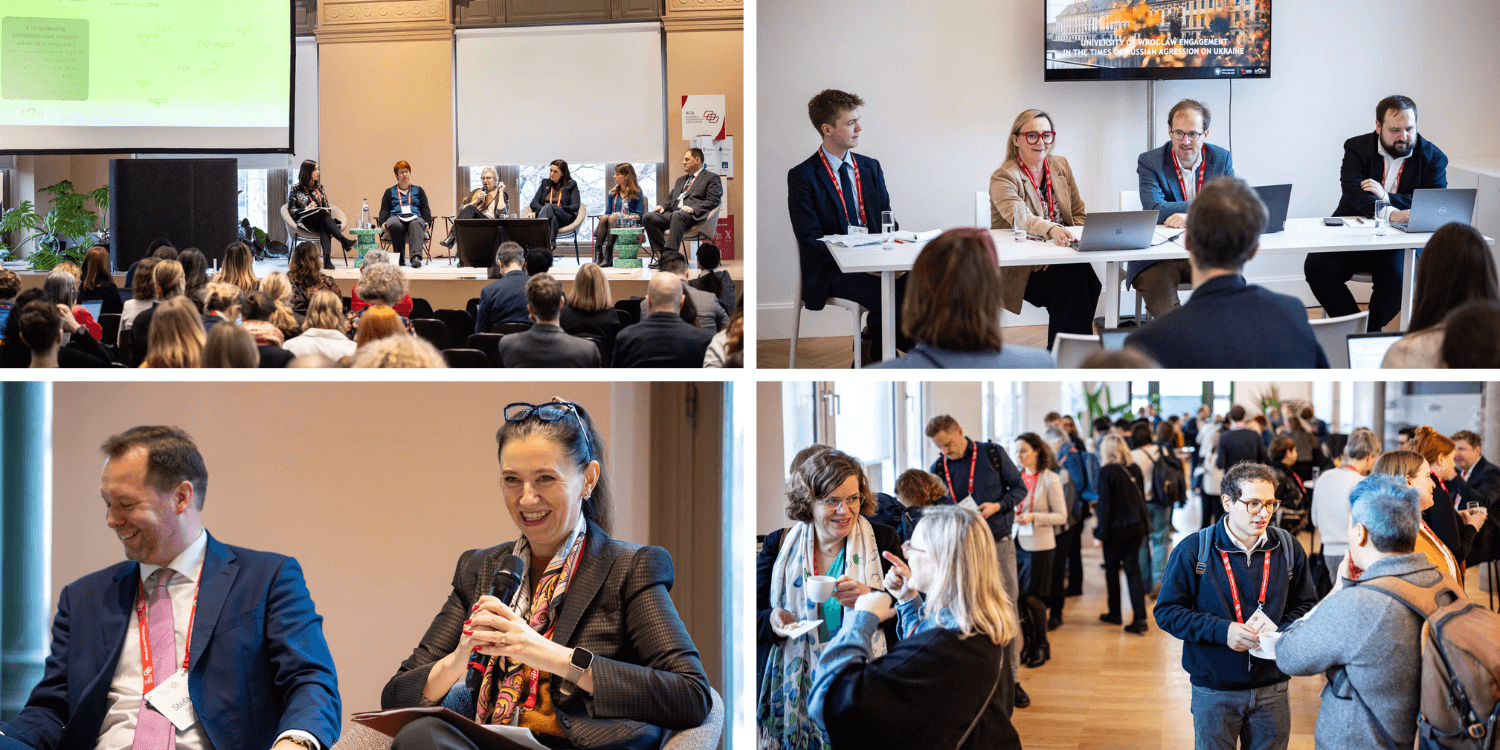The 21st edition of ACA’s annual flagship seminar, What’s new in Brussels? Recent developments in European policies and programmes, took place on 30-31 January 2025, in Brussels. This year’s event brought together 130 participants from 21 countries, as well as 35 experienced panellists from the EU institutions, national agencies, alliances, stakeholder organisations and higher education institutions, for insightful discussions on upcoming policy shifts, the evolving higher education landscape, and key challenges in European and global cooperation.
Key takeaways and emerging trends:
- The increasing emphasis on skills development as a driver of innovation-based economic growth. The Union of Skills agenda was reaffirmed as a priority for Ursula von der Leyen’s second term, reinforcing the EU’s commitment to enhancing global competitiveness through education and training (for more details on the Union of Skills, see ACA Newsletter – Education Europe, January 2025).
- Working towards a European degree remains a topic of debate within the Council, with varying perspectives on its feasibility and benefits. While its potential to strengthen European higher education’s global standing was underscored, challenges such as student visa regulations were also highlighted.
- Although not a prominent topic in current political discourse, the links between research, education, and innovation continue to evolve. The upcoming call for European University Alliances under Horizon Europe, as well as initiatives like the Choose Europe pilot aim to reinforce transnational cooperation (for more details, see ACA Newsletter – Education Europe, February 2025).
- Digitalisation within Erasmus+ remains a key theme, with a hybrid approach ensuring that digital tools enhance, rather than replace, traditional mobility, creating thus a more flexible and inclusive learning experience. At the same time, equity concerns remain a priority, particularly in terms of inclusion top-ups in Erasmus+. The growing uptake of these top-ups signals a need for sustained institutional commitment to ensuring mobility opportunities for students with fewer resources.
- As geopolitical and economic shifts reshape international cooperation, European higher education’s global engagement continues to evolve. Key policies driving this transformation, include the Union of Skills, the Global Gateway strategy, and the EU’s renewed focus on the Mediterranean region, underpinned by the creation of a new Directorate-General.
- Regional cooperation trends remain a key theme, with new strategic opportunities emerging in the South Mediterranean, strong engagement with sub-Saharan Africa, and continued support for Ukraine. While partnerships in Africa through Erasmus+ and national schemes like Africa UniNET are expanding, concerns persist about long-term sustainability due to shifting political and funding priorities. At the same time, cooperation with Ukraine continues through Erasmus+ and national initiatives, aimed at fostering resilience and peace-building education.
- The long-term sustainability and impact of European University Alliances will depend on strong policy support and well-structured collaborative frameworks. These can help mainstream their successes and reinforce their role in shaping the future of European higher education.

ACA staff extend a warm thank you to all participants, speakers and moderators who made this year’s What’s new in Brussels such a success. We very much look forward to seeing you in person again next year!
